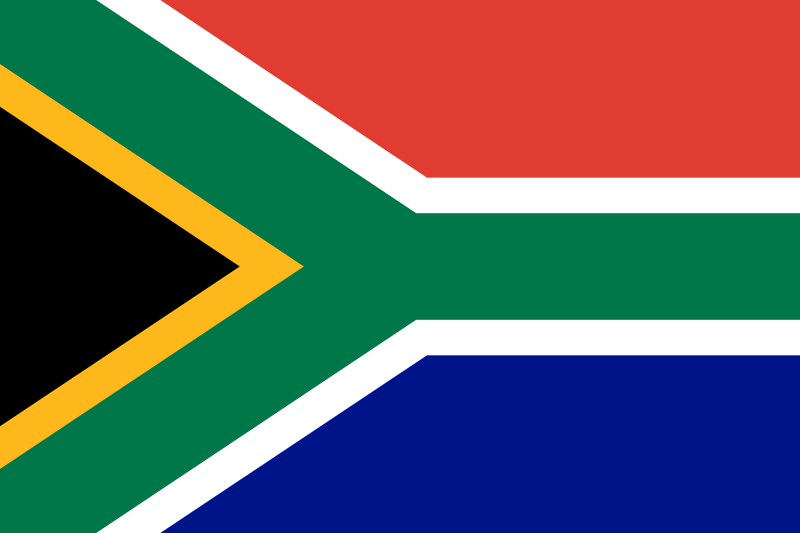
The last bit of big news is that people are still mad about the Olympic turnout for “Team South Africa”—the name given to all the South African Olympic athletes. People want answers why there weren’t more medals. And there is a lot of finger-pointing. Luckily we got a silver medal in the long jump. But still people wanted more.
Also the 1st female amputee to compete in Olympic history was a South African (Natalie du Toit; she swims at the gym near me in Cape Town). She came in 16th but was still very proud as were we all that she was competing in the Olympics. I have no idea how Zimbabwe did.
This update is a bit long, so I’ll include one more interesting story (out of the many going on South Africa) on sex workers. There has been a move to decriminalize or legalize many things such as drugs so that you decrease the demand and price (and increase supply, too). The same for the sex trade. I’ve long been confused on what is legal and illegal because police seem to allow things sometimes and prohibit other times. Strip clubs seem legal sometimes and other times they are raided.
Well a personal exchange between two consenting adults is legal here, but to do for the purpose of earning money, livelihood, etc. is not. So the National Police Commissioner Jack Selebi suggested (he is no longer in that position) that prostitution should be decriminalized for the 2010 World Cup, and people thought he was crazy.
But a key conception is that sex work criminalization leaves the industry unregulated, so women can be exploited by employers, police, clients, anyone. (People even say that this allows the spread of HIV. And we looked briefly in an earlier update how Thailand lowered their incidence rate by regulating the sex trade industry. This wouldn’t impact the South African situation much which is primarily spread heterosexually outside of the sex trade industry) A study found (noted in Big Issue) that deception and force during recruitment of sex workers were not common characteristics of the Cape Town scene.
The second reason people support decriminalization is the behavior of sex workers. In the article I read Serena, a “sugar girl” (one of the dock girls who supply sex to the many sailors who visit the Cape Town port), became pregnant to an Indonesian sailor The baby was diagnosed with HIV shortly after dying soon after birth. Serena was also then diagnosed and started taking ARV’s calling them painkillers to her family. When she felt better and moved back with other colleagues she stopped taking her medicine for fear of shame and ostracization. Women face the threat of being kicked out of the circle and possibly beaten since many of the women share clients. So Serena’s behavior was usual. Her secret was uncovered when the Indonesian sailor who was dying from AIDS sent a text message to the owner of the club about Serena’s status. She was forced to leave the club and could not get work at another because word had gotten out. She died from a brain tumor before turning 30. With decriminalization women would see their job as having a higher status and would feel better about taking medicine and using protection (especially if regulated).
Some suggest that the soliciting remain a criminal offense but the sex work be legalized (this failed in Sweden). So some support any lifting of a ban on sex work. Some want it to stay.
With 1200 sex workers in Cape Town, 250 work on the streets which is called the outdoor industry. 964 work from apartments or homes independently or from brothels (indoor industry). Only 5% are foreign nationals with the majority being Black South Africans from age 24-28. Now check this out: on average, a brothel-based worker who did not graduate from high school (no matric) would earn R12,344/month as opposed to R3,737 in another field. A street-based worker on average would earn R3,771 instead of R693 per month in another field. This study (quoted in July 18th edition of “The Big Issue) said that it’s a rationale alternative in that it brings immediate cash, brings more money than other jobs, and requires no academic/practical qualifications.
No comments:
Post a Comment